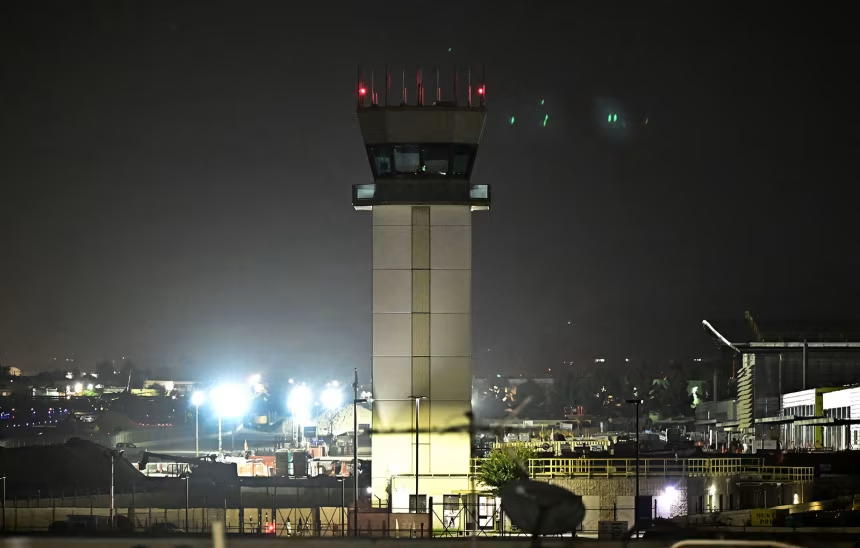The ongoing US federal government shutdown has begun creating serious ripple effects across the nation’s air travel network as essential aviation personnel continue working without pay. Airports in key hubs such as Houston Nashville Denver Newark Phoenix and Chicago are reporting growing staffing shortages in air traffic control that are triggering delays and operational slowdowns. In several instances, delays are averaging upward of 30 to 40 minutes per flight as controllers calling in sick force the FAA to reduce overall traffic flow for safety.
Major airports including Chicago O’Hare and Houston Intercontinental are among those hit hardest, with flight schedules being curtailed and ground operations slowed. Controllers in some regions are operating at half strength or less, exacerbating the backlog of delayed flights and creating cascading disruptions across connecting routes. Meanwhile rural communities that depend on subsidized Essential Air Service programs face potential loss of service if support funds dry up under the funding lapse.
The strain is not limited to flight timing. Airport security and screening services are also under pressure as TSA workers report rising stress and uncertainty. While the core air traffic infrastructure remains functional under limited operations, the system’s buffer against delays and emergencies is shrinking fast.
For travelers planning upcoming flights, precautions are essential. It’s wise to check your flight status frequently, allow extra layover time, and consider flexible ticket options where possible. Those connecting through high-volume hub airports might especially feel the pinch as delays multiply and resource constraints deepen.



